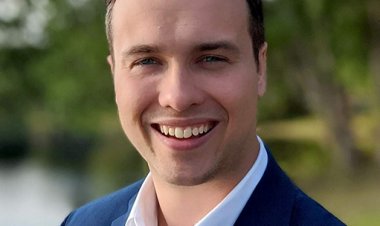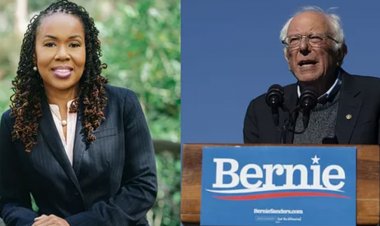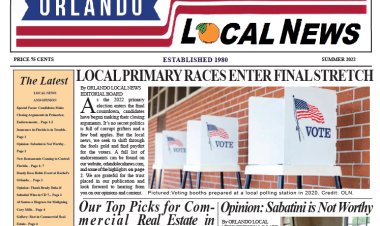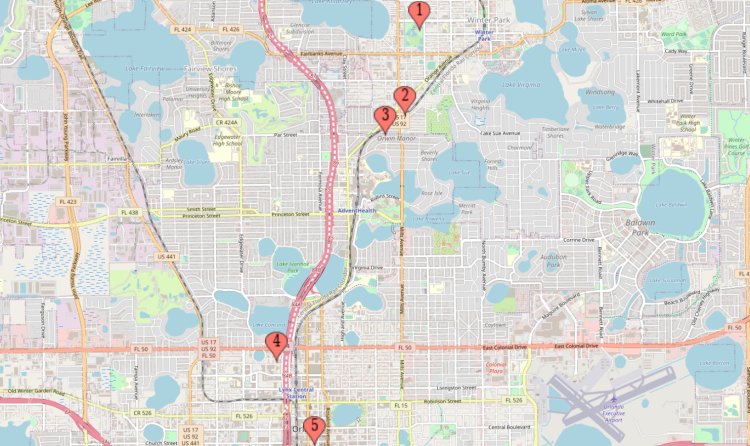Orlando Weekly Facebook Followers Mostly Fake: Report
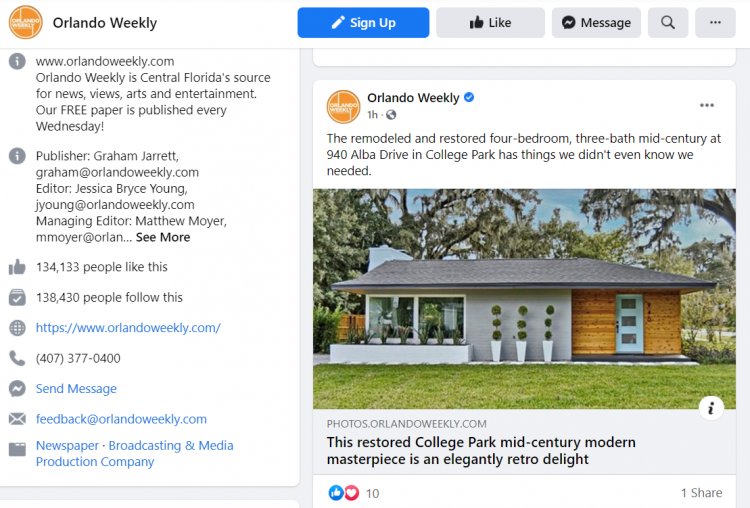
There's a dirty secret many news publications and politicians blatantly flaunt but never actually admit to. Social media 'likes' leave an impression on advertisers/voters or potential advertisers/voters by indicating readership and support. As a result, some publications and politicians without substantial financial means to afford page promotion via Facebook or Twitter often resort to buying fake likes and followers. The platforms frequently purge accounts engaging in this activity and sometimes ban them altogether, though much of the time the enforcement action seems to correlate in a divergence based on political beliefs.
A prime example of Facebook's double standards: Orlando Weekly's Facebook page. A social media expert with purported knowledge of the the publication's inner workings, recently spoke to The Orlando Local News about the veracity of the page's likes and followers. "Studies show that on average, you'll get a 4% response rate at least on posts. Judging by the average number of reactions to Orlando Weekly's posts, the math would suggest that, in theory, the page's genuine followers and likers sits well below the 134k-138k apparently following the page." He continued: "Rarely do we find a post reaching over even 10 likes in some cases, though others attract several hundred. The disparity in these figures signals something else might be at play like post promotion (different than page promotion) rather than likes by organic followers."
The expert claims that at about 138k followers, Orlando Weekly's posts should be garnering roughly 1000 to 5000 likes per post, though the weekly average lies well below that number.
Several notable conservative authors, pundits and media outlets lose followers and likes on a regular basis, likely as a result of their purchases of fake followers causing artifical inflation. Though such purchases are not against the law, Facebook maintains a strong policy against the practice― at least in some cases. Discrepencies tend to arise, however, when a site like Orlando Weekly receives no penalties for the same actions, prompting questions about Facebook's stance as an equitable and unbiased arbiter.
A closer look at Orlando Weekly's Instagram page tells the same story, with statistics insinuating a much lower number of actual followers. Unlike Facebook, Instagram allows a look at the profiles of followers on each public page. In the case of Orlando Weekly's Instagram account, the profile contains many apparently fake usernames in the publication's followers section as seen below.
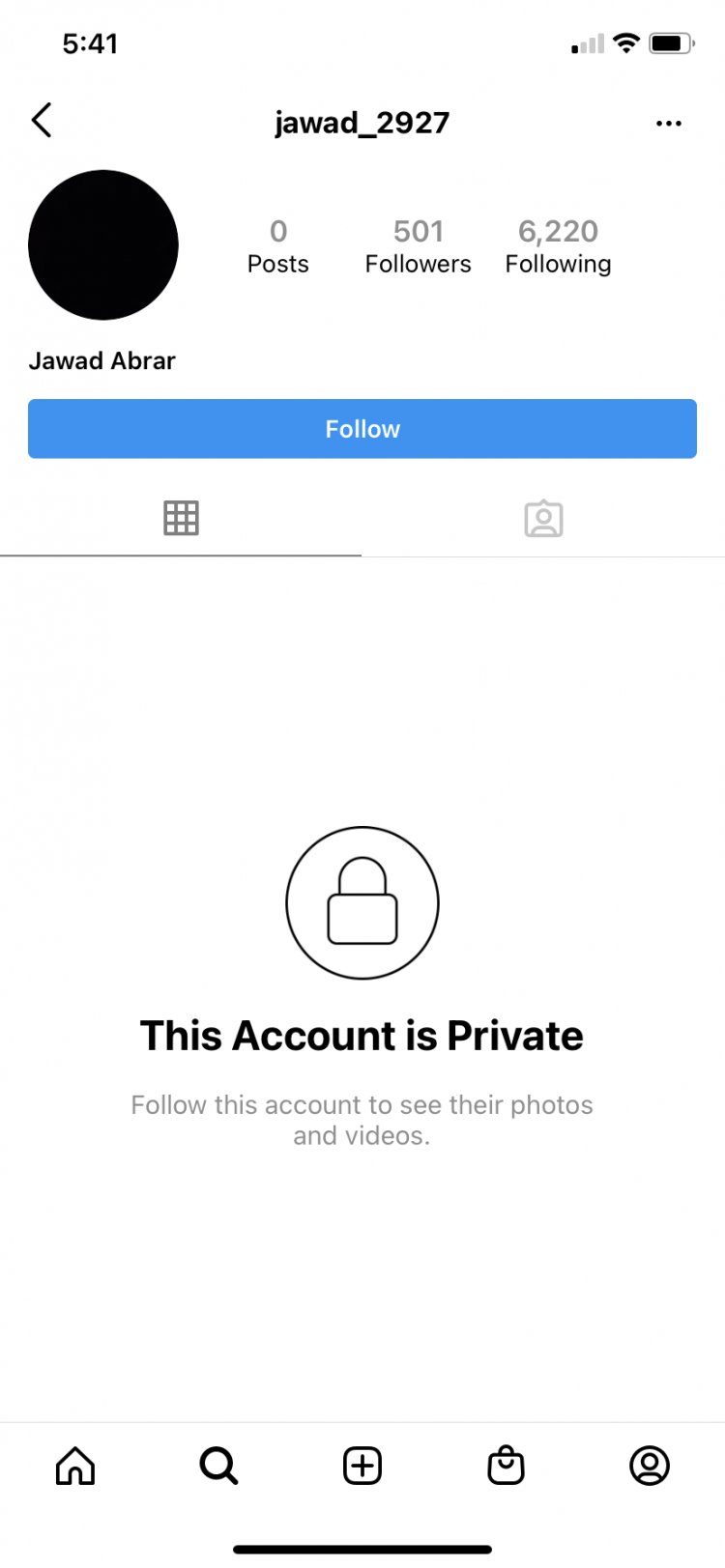
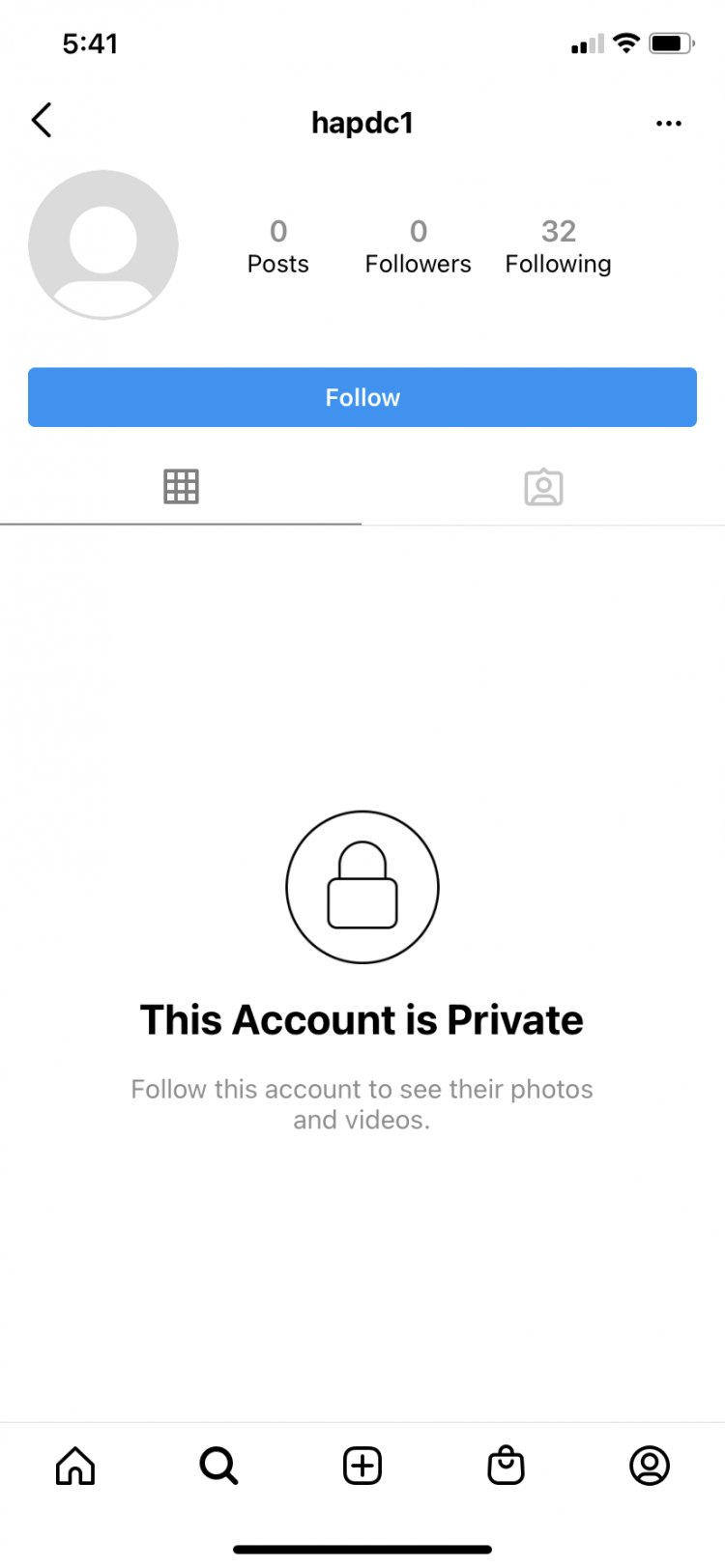
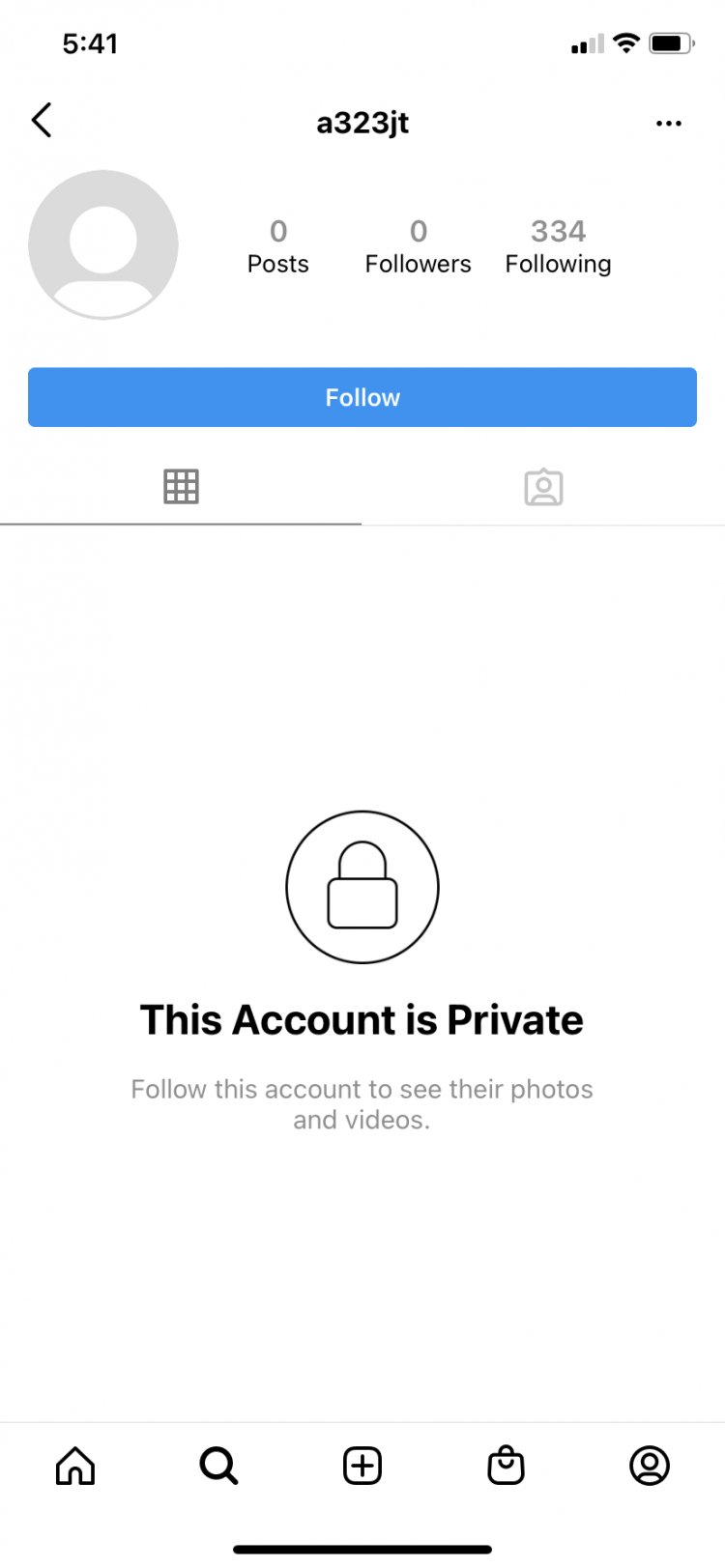
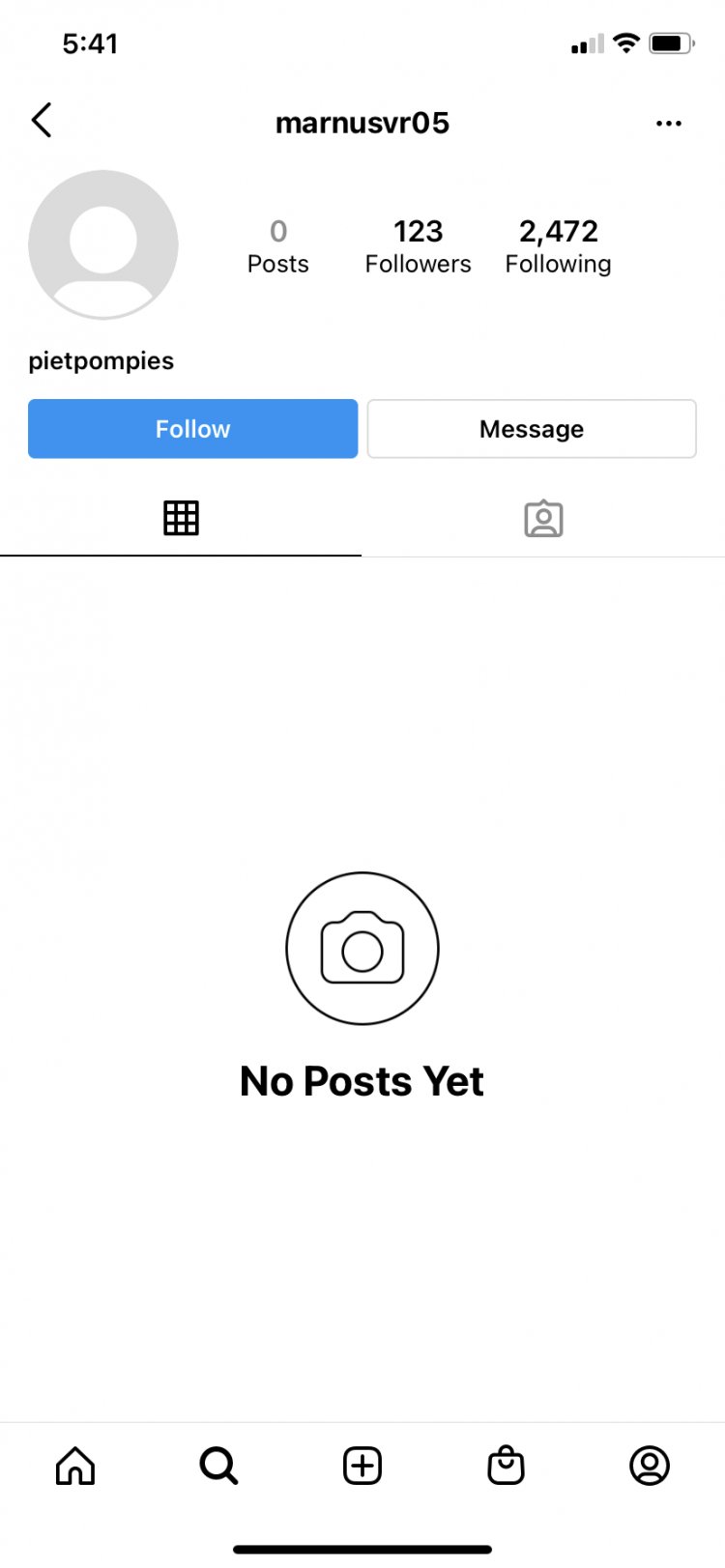
This trend repeats itself on the Orlando Sentinel's social media accounts as well but to a lesser degree. Though hard evidence does not exist to confirm our expert's suspicions, he feels confident in his assessment.

 Local News Staff
Local News Staff 



